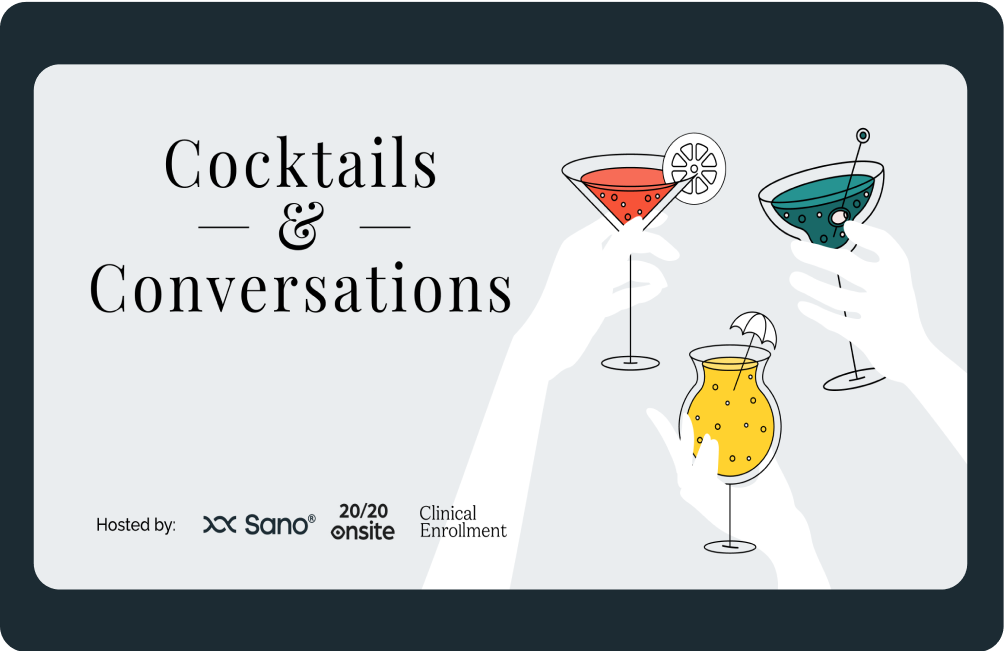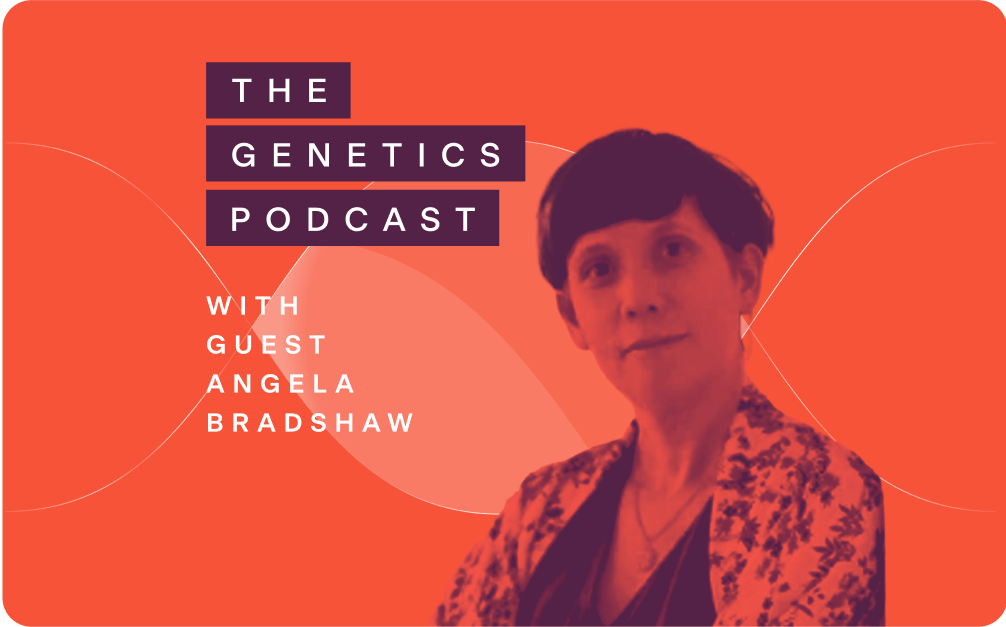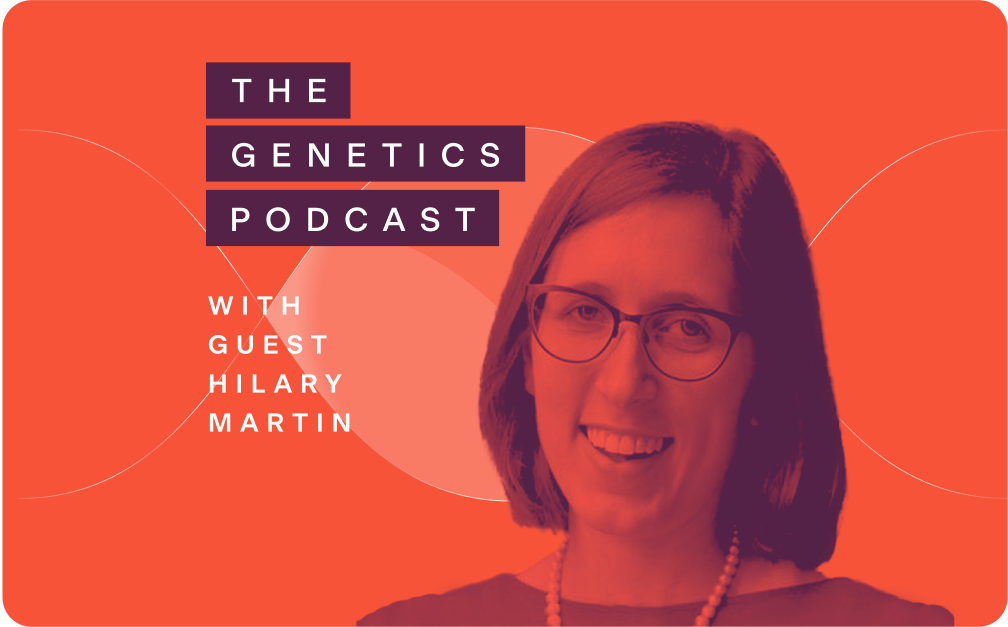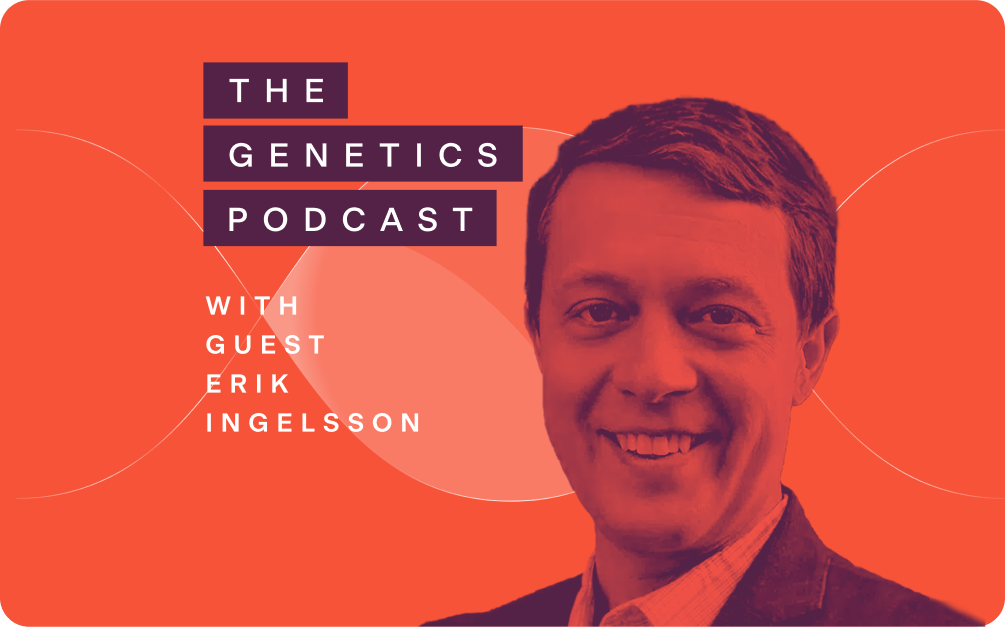Clinical research blog
Explore our blog for insights into the big questions in precision medicine and clinical research.
Patient recruitment efforts are often designed with the best of intentions, incorporating processes that fulfill every regulatory requirement. However, without effective conversion, the time, money, and effort invested in building a recruitment strategy can fall short. Although recruitment workflows may look ideal from a research perspective, lacking a strong patient experience in the design process can lead to missed opportunities in onboarding motivated patients.
On October 18th, 2024 20/20 Onsite, Sano Genetics, and Clinical Enrollment announced the launch of a new partnership to offer a comprehensive solution for identifying and screening potential participants for Inherited Retinal Disease (IRD) clinical trials. (Read more here.)
In a recent episode of The Genetics Podcast, Patrick Short is joined by Dr. Jonathon Hill, Associate Professor at Brigham Young University and Co-Founder and VP of Science and Technology at Wasatch Biolabs. Together, they explore how long-read sequencing and epigenetic biomarkers are changing the game in diagnostics and how Jonathon is helping to build a thriving biotech community in Utah.
Effective data management and innovative clinical trial designs are pivotal in advancing precision medicine, particularly for biotech companies operating with budget constraints. By implementing robust data management systems, maximizing data reuse and sharing, and adopting cost-effective clinical trial methodologies, biotechs can enhance research efficiency, reduce operational costs, and accelerate the development of personalized therapies.
We were excited to welcome Angela Bradshaw, Director of Research at Alzheimer Europe, to The Genetics Podcast this week. Angela shared her journey from academic research to collaborating on initiatives that tackle Alzheimer’s disease and dementia across Europe. With a career spanning oncology and gene therapy, and a personal connection to rare diseases and dementia, Angela offered a unique perspective on the challenges and opportunities in dementia research, diagnostics, and care.
Today’s biotech market has never been more competitive, so the ability to innovate quickly and efficiently is a critical success factor. To achieve this, some organizations have turned to agile methodologies, open-source solutions, and advanced analytics powered by artificial intelligence (AI). By strategically integrating these approaches, biotech companies can enhance research productivity, control expenditures, and ultimately bring new precision medicine therapies to market more rapidly.
Metabolic-associated steatotic hepatitis (MASH) is primarily managed through lifestyle modifications, such as adopting a restricted diet high in antiinflammatory ingredients like fruits, vegetables and whole grains, planned exercise routines and cutting out alcohol. However, precision medicine approaches are also showing promise for not only managing the condition, but improving the diagnostic process, enabling early detection and preventing disease progression. Below, we explore the data-driven insights precision medicine is starting to enable in MASH.
In the latest episode of The Genetics Podcast, host Patrick Short is joined by Dr. Hilary Martin, Group Leader in Human Genetics at the Wellcome Sanger Institute, to discuss her research in neurodevelopmental disorders, consanguinity, and genetic complexity. With a career spanning studies in population genomics and developmental disorders, Hilary offers a unique perspective on the interplay between rare and common genetic variants, as well as the ethical and scientific considerations surrounding her work.
Recently on The Genetics Podcast, Patrick sat down with Dr. Erik Ingelsson, Chief Scientific Officer at Wave Life Sciences, to explore some of the most exciting developments in RNA medicine, target discovery, and biotech. With a career spanning academic research, big pharma, and now biotech, Erik shared his unique perspective on advancing genetic discoveries into real treatments for patients.
Precision medicine approaches to cardiometabolic conditions are still in their infancy but stand poised to transform treatment approaches and are increasingly recognized as key to tackling the global epidemic of CV and metabolic disease.



.png)






